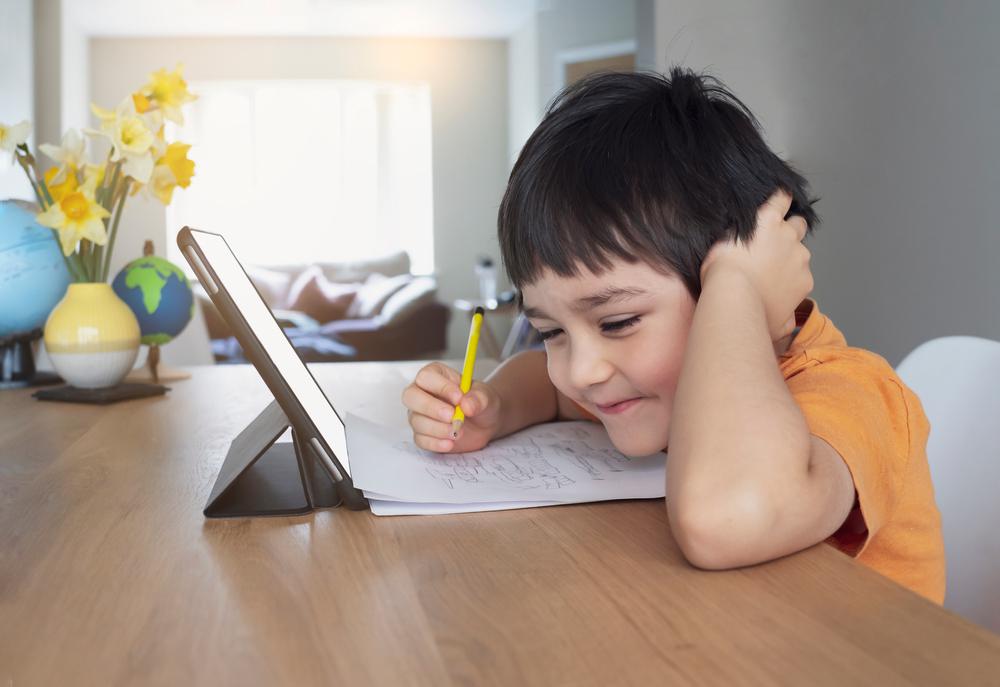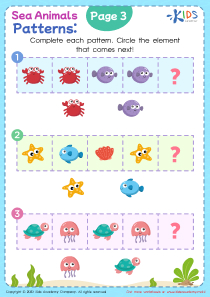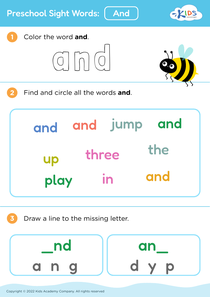Alphabet worksheets activities for Preschool
13 filtered results
-
From - To
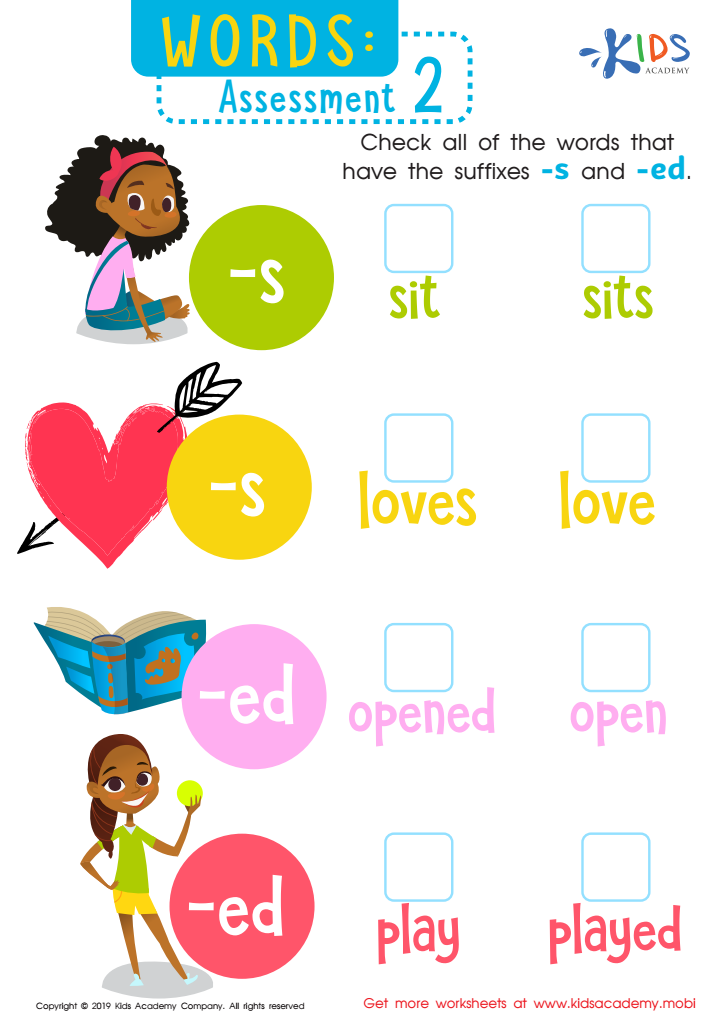

Words: Assessment 2 Worksheet
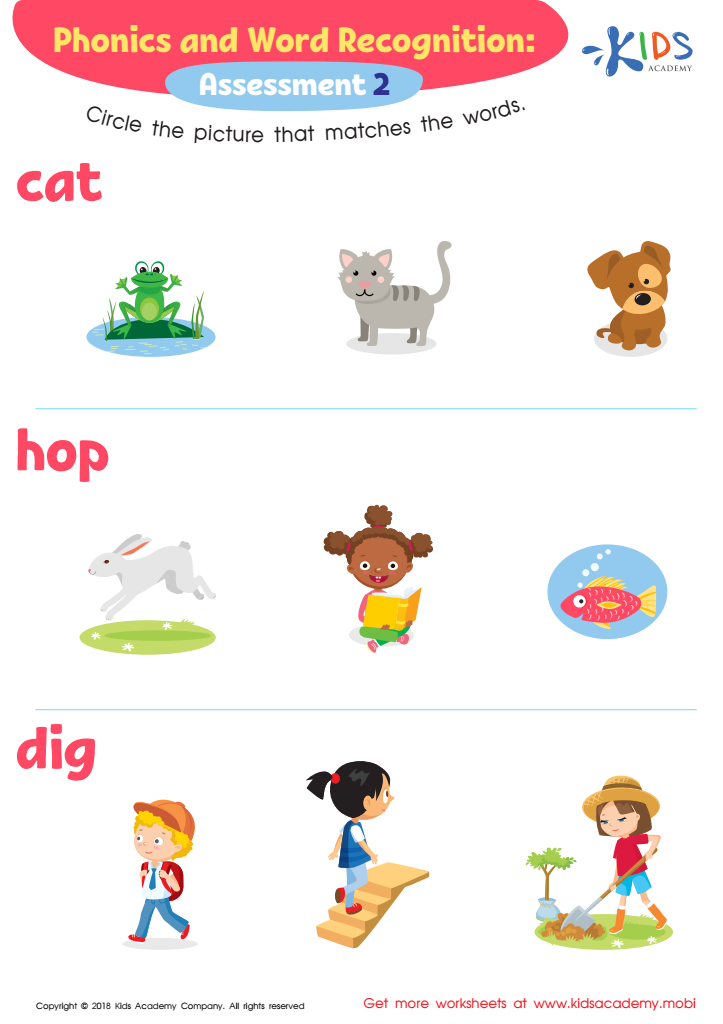

Phonological Awareness: Assessment 2 ELA Worksheet
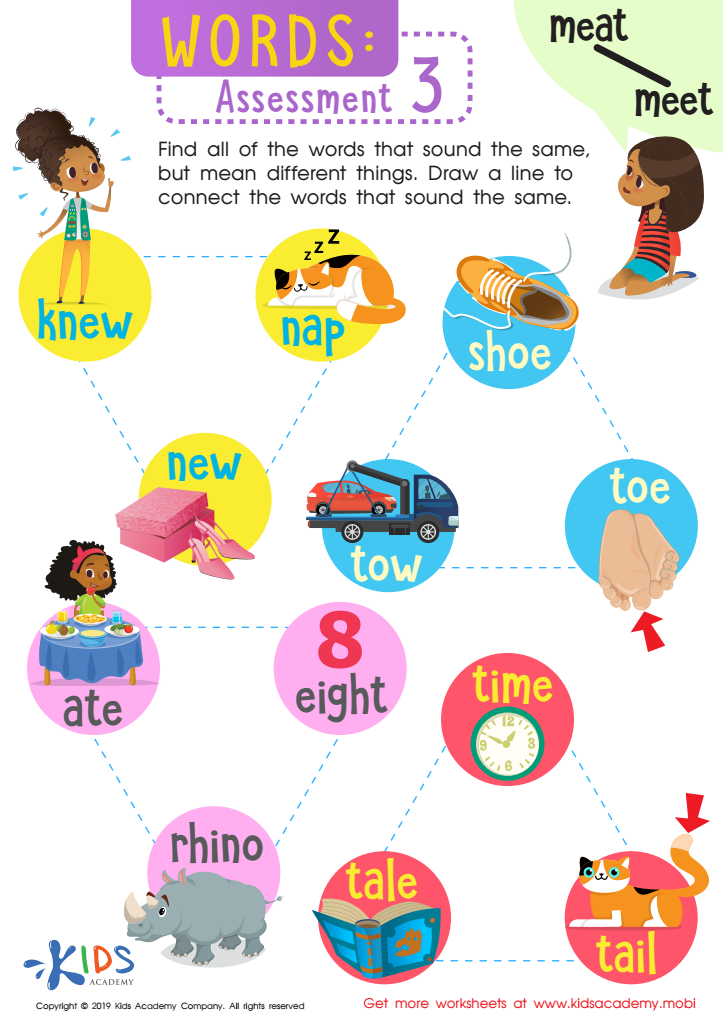

Words: Asessment 3 Worksheet
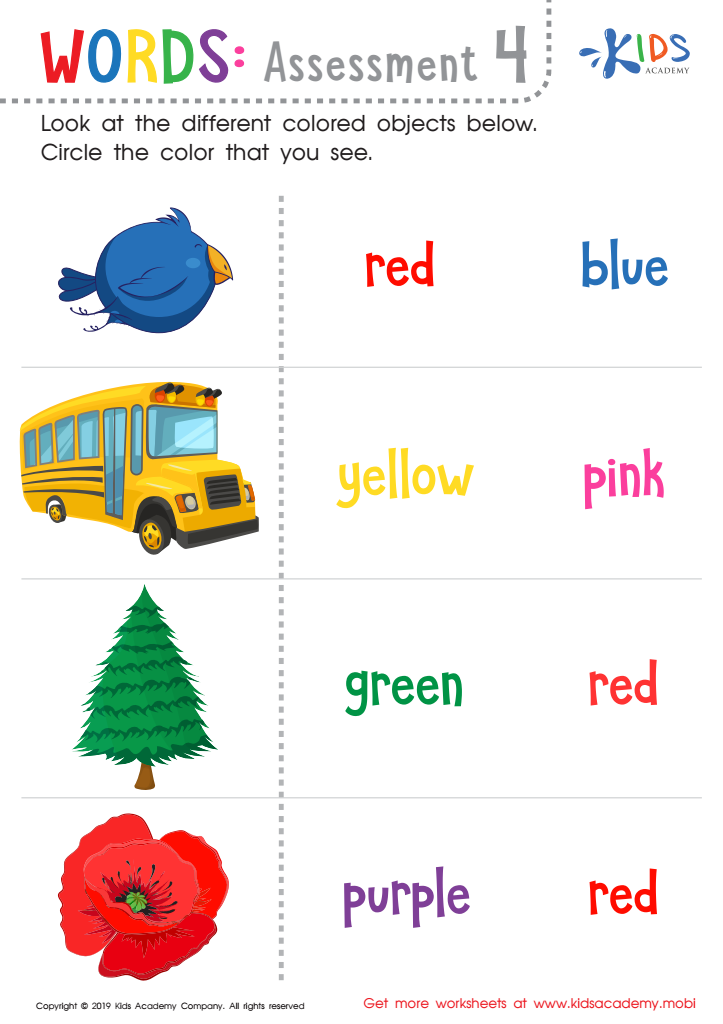

Words: Assessment 4 Worksheet
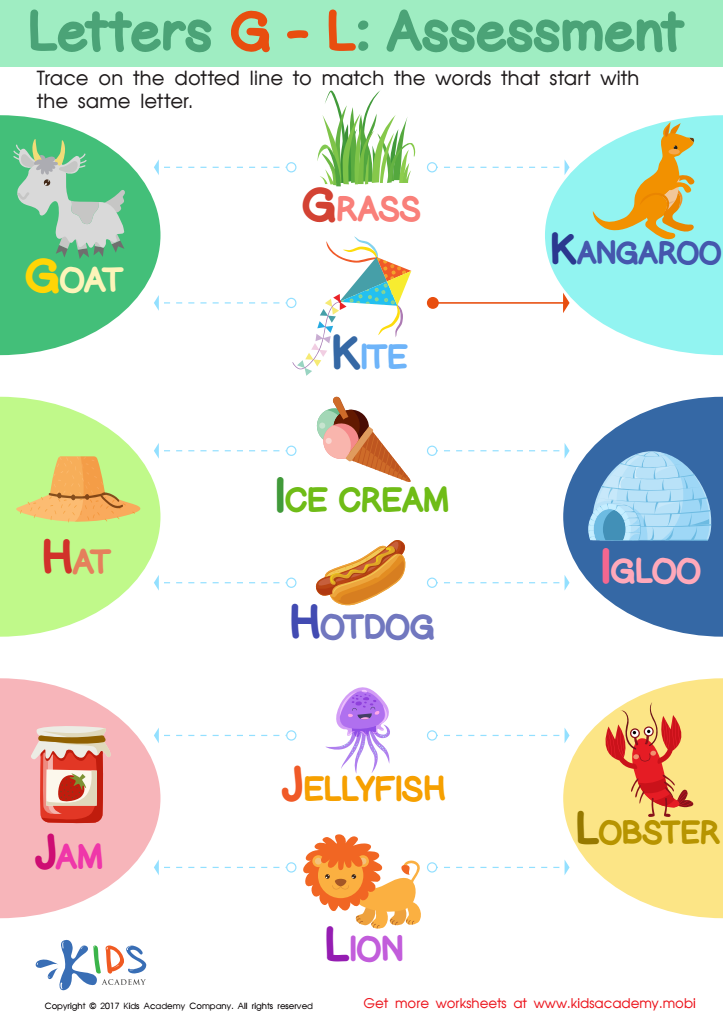

Letters G-L Worksheet
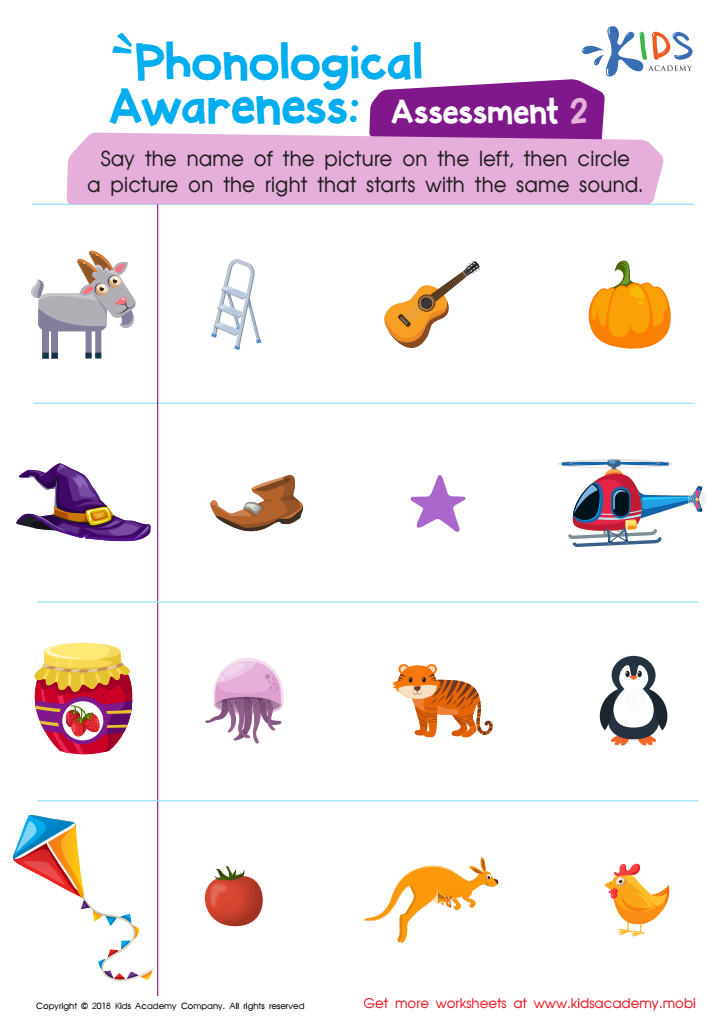

Phonological Awareness: Assessment 2 Worksheet
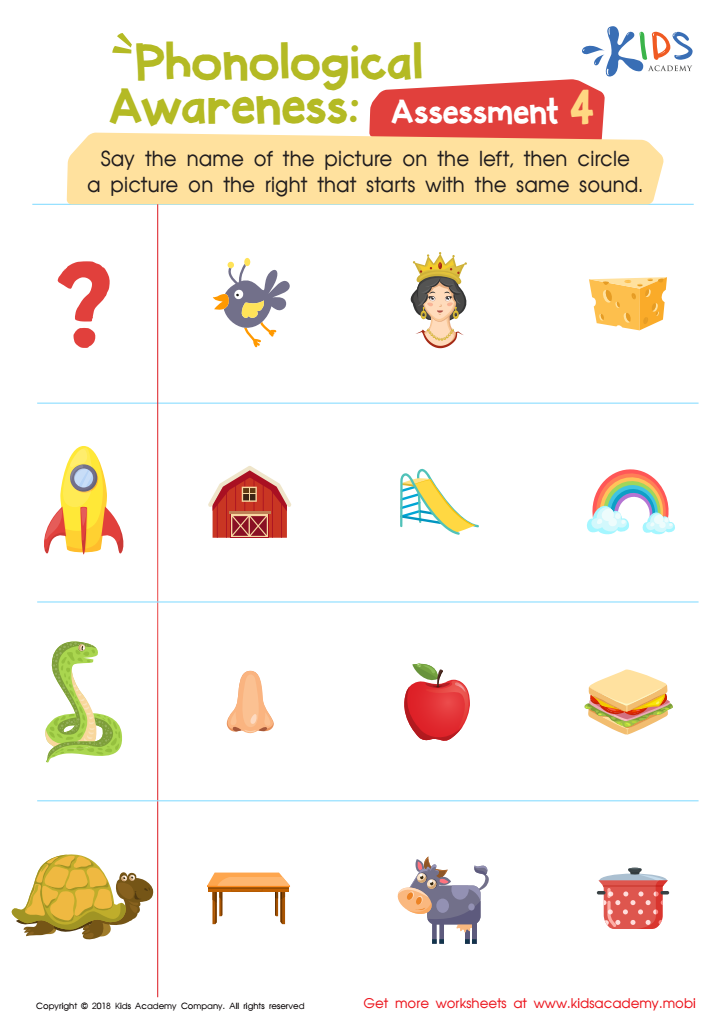

Phonological Awareness: Assessment 4 Worksheet
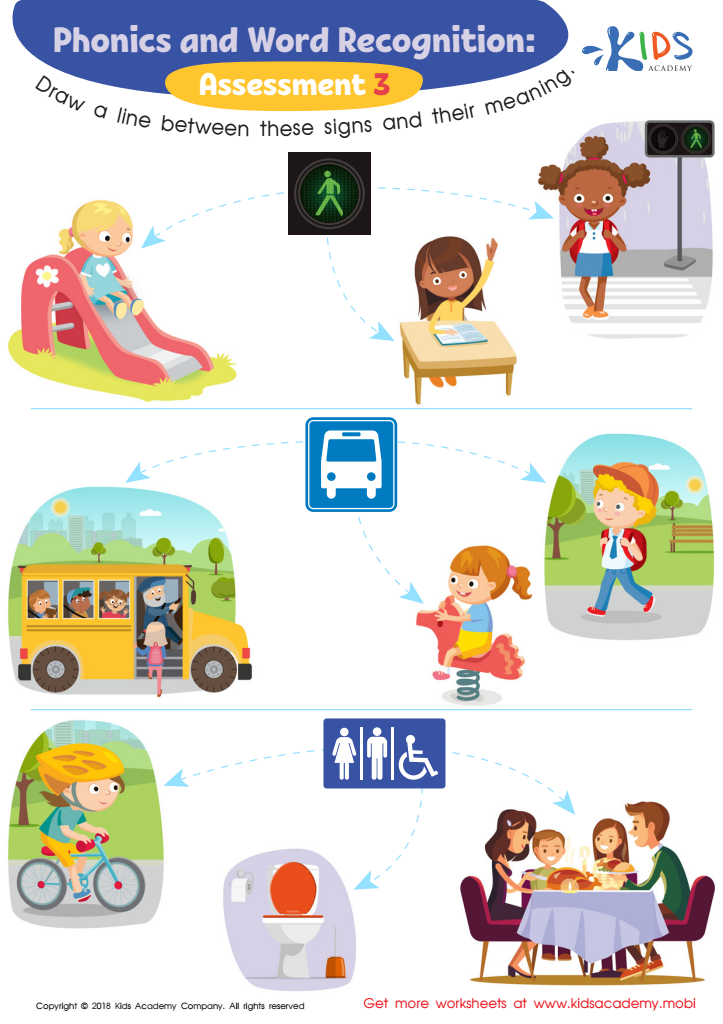

Phonological Awareness: Assessment 3 ELA Worksheet
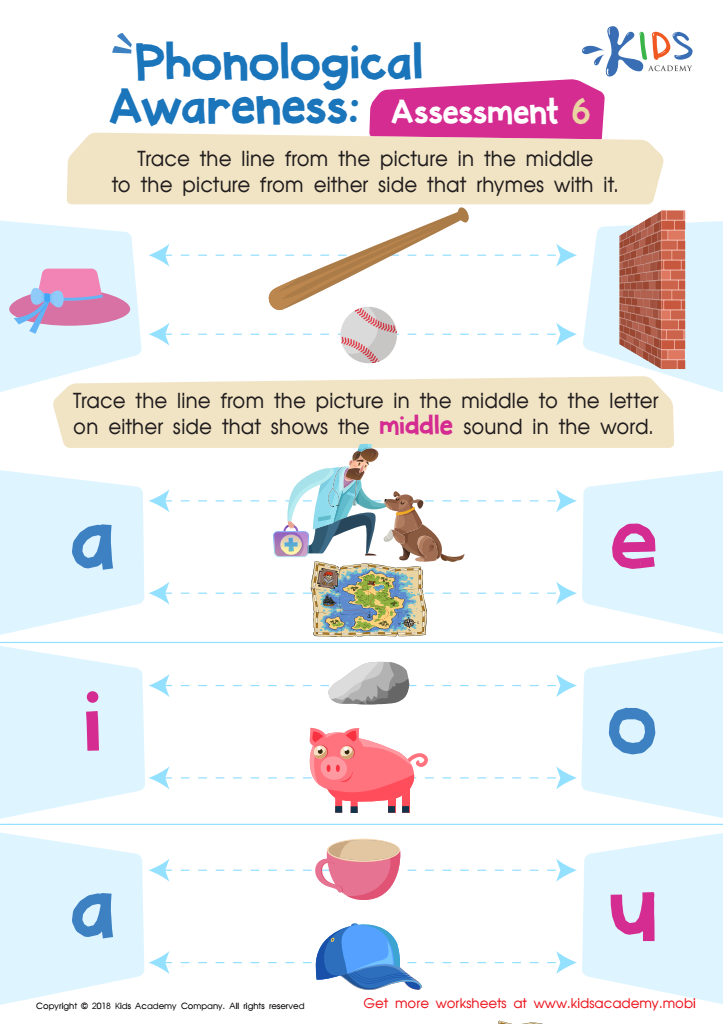

Phonological Awareness: Assessment 6 Worksheet
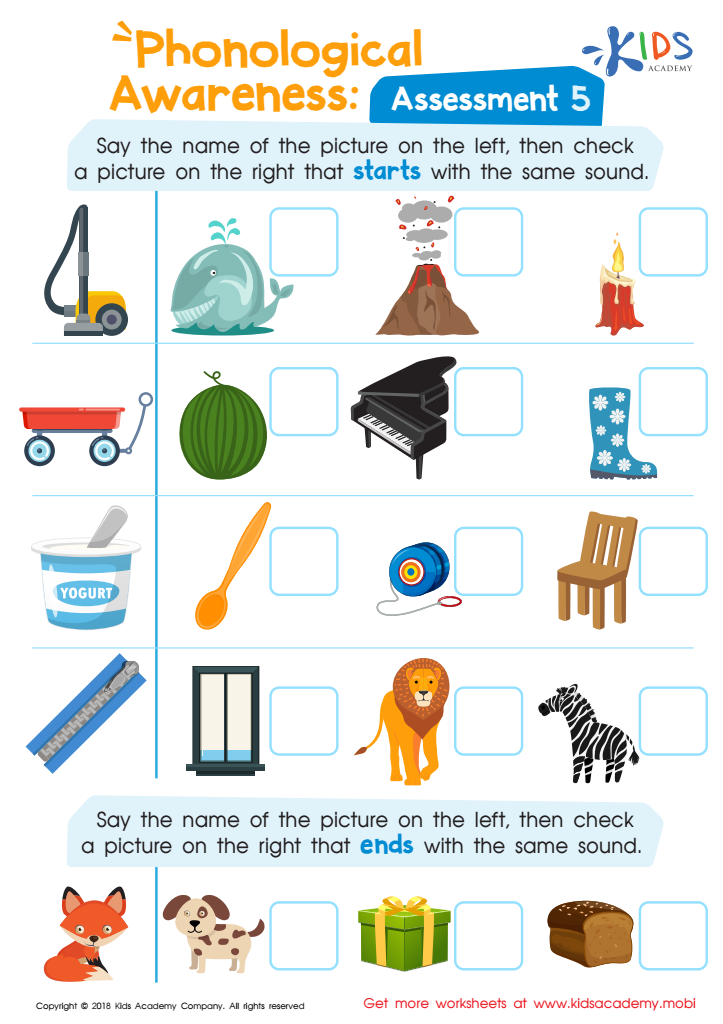

Phonological Awareness: Assessment 5 Worksheet
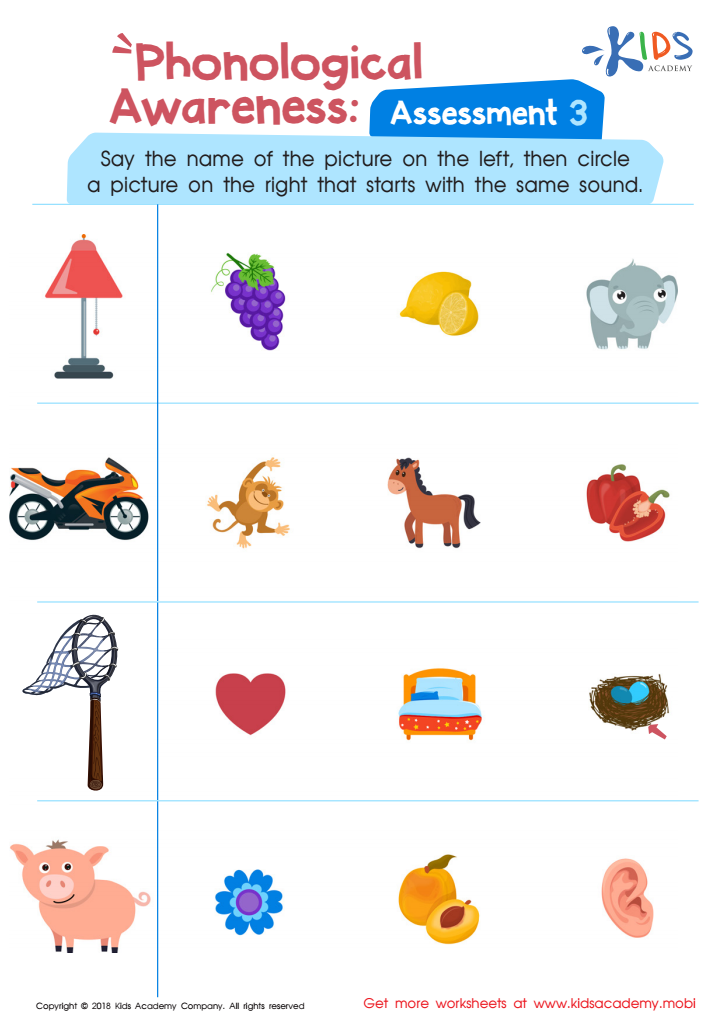

Phonological Awareness: Assessment 3 Worksheet


Phonological Awareness: Assessment 1 Worksheet


Phonics and Word Recognition: Assessment 1 ELA Worksheet
Alphabet worksheets activities for Preschool are a cornerstone in early childhood education, offering a plethora of benefits that support young learners in their educational journey. These activities are meticulously designed to introduce preschoolers to the world of letters in an engaging and interactive manner, paving the way for a lifetime of literacy skills.
One of the primary reasons Alphabet worksheets activities for Preschool are so beneficial is that they provide a structured approach to learning the alphabet. This structure helps children to understand the different letters, their sounds, and how they fit together to form words. By starting this learning process early, children can develop a solid foundation in reading and writing, which is essential for their future academic success.
Moreover, Alphabet worksheets activities for Preschool cater to the diverse learning styles of young children. Whether a child is a visual, auditory, or kinesthetic learner, these activities include colorful illustrations, tracing exercises, and letter recognition games that meet their individual learning needs. This multisensory approach not only makes learning more enjoyable but also enhances memory retention of the letters and their sounds.
Another key benefit is the development of fine motor skills. As preschoolers engage in writing and tracing letters, they refine their pencil grip and control, which are crucial skills for writing tasks in later schooling years. This hands-on practice also encourages hand-eye coordination, further supporting a child’s overall motor development.
Furthermore, Alphabet worksheets activities for Preschool foster independence and confidence in young learners. Completing worksheets gives children a sense of accomplishment, motivating them to learn and explore more. This positive reinforcement builds their self-esteem and encourages a love for learning from an early age.
In conclusion, Alphabet worksheets activities for Preschool are an indispensable tool in early childhood education. They lay the groundwork for literacy, support diverse learning styles, develop fine motor skills, and boost confidence, making them an essential part of preschool education. Through these activities, children embark on a journey of learning that is both fun and foundational, setting them up for success in their academic endeavors and beyond.

 Assign to the classroom
Assign to the classroom

.jpg)


